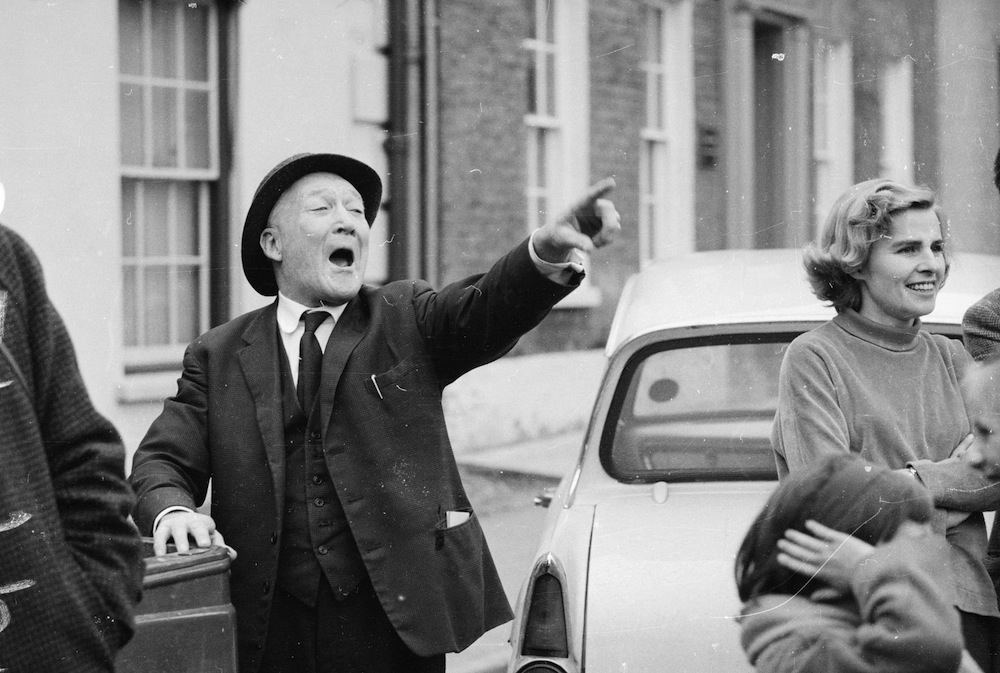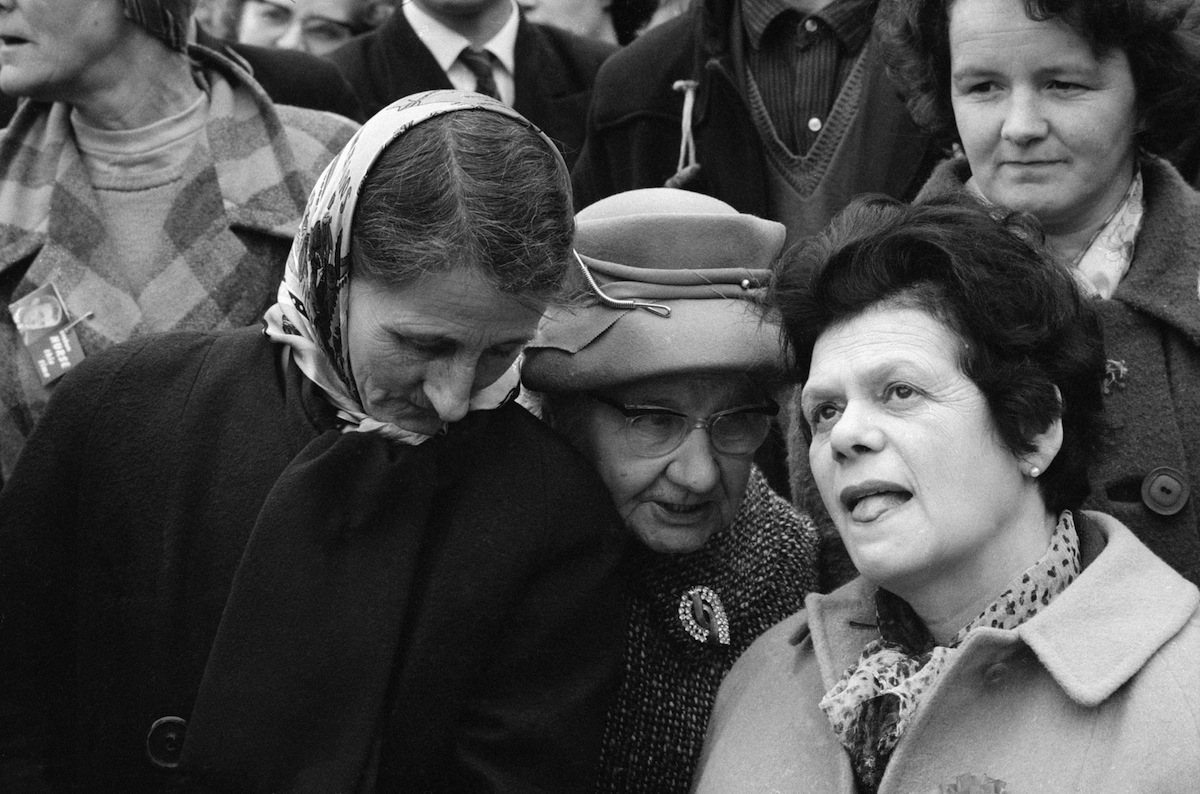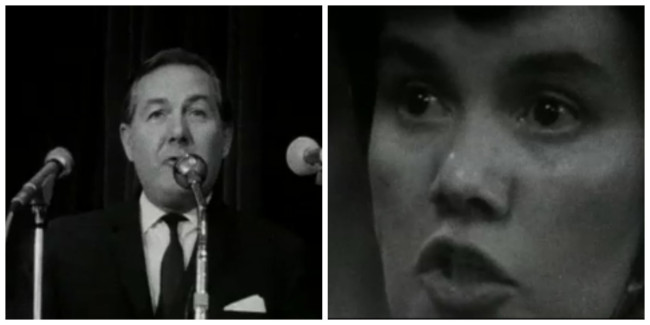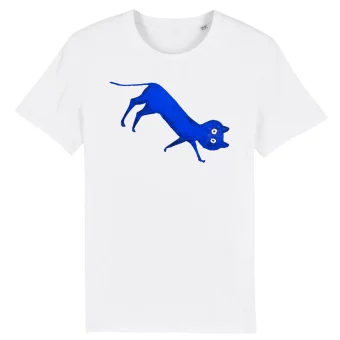The 1966 General Election was won by the Labour Party and their leader Harold Wilson, who would remain as the UK’s Prime Minister. Labour and Wilson saw off the challenges of Ted Heath’s Conservatives and a Liberal Party led by Jo Grimond. So much for the result.
The lasting highlight from the campaign was a BBC film by American New Wave movie director Joseph Strick.
He was interested in how and why people heckled politicians, which he saw as something very British and totally un-American.

17th March 1966: Mr A. Duffy heckles a speech by British politician and Deputy Leader of the Labour Party George Brown (1914 – 1985) during the general election campaign. Mr Brown is speaking in front of the war memorial in Market Square, Fakenham, Norfolk. (Photo by McCabe/Express/Getty Images)
The Telegraph reviews:
To make The Hecklers, Strick decided not to rely on news film but to shoot his own footage from the back of the hall. The parties soon realised that his crew was as interested in filming the interrupters as the headline speaker, and there were claims that he was encouraging – maybe even paying – them.
Shown on television after Wilson had won the election, The Hecklers made riveting viewing. It showed ejections from town halls, fist fights, and placards being destroyed by stick-wielding opponents. But it also chronicled the capacity of the politicians of the day to deal with interrupters – or not.
Wilson was seen delivering magisterial put-downs, telling the audience as a young heckler was frogmarched out: “I would ask you all to extend to our friend the courtesy that he is not extending to the meeting.” Heath was shown struggling to repeat the same sentence over and over again; Quintin Hogg losing his temper; and Sir Gerald Nabarro giving the V-sign to a jeering group of opponents.

17th March 1966: Arthur Duffy heckling during a speech by the British politician and Deputy Leader of the Labour Party, George Brown (1914 – 1985) during the general election campaign. (Photo by McCabe/Express/Getty Images)

17th March 1966: A crowd listening to a speech by the British politician and Deputy Leader of the Labour Party, George Brown (1914 – 1985) during the general election campaign. (Photo by McCabe/Express/Getty Images)

A member of the public heckling politician Quintin Hogg on stage, St Pancras Town Hall, London, October 5th 1964. (Photo by Philip Townsend/Express/Getty Images)
The Hecklers features many choice moments, but our pick is this exhange between the then Labour Chancellor of the Exchequer James Callaghan and a woman in the audience. She wanted to address Callaghan on matters close to her heart. Callaghan, who would one day become Prime Minister, was in London to support Battersea South candidate Ernest Perry.
His response to her heckling is patronising, measured, superior and smug. And it is roundly applauded by the audience.

Listen out for Callaghan referring to the adult mother as “dear” and a “good girl” before telling her to sit down and shut up.
One other moment worth showcasing in the ending, which is majestic:
You can watch the entire film here on the BBC.
Would you like to support Flashbak?
Please consider making a donation to our site. We don't want to rely on ads to bring you the best of visual culture. You can also support us by signing up to our Mailing List. And you can also follow us on Facebook, Instagram and Twitter. For great art and culture delivered to your door, visit our shop.







